
Gulu: The Heart of Northern Uganda
Gulu, a vibrant city in Northern Uganda, offers a unique blend of modernity and rich cultural heritage. As the largest city in the region, Gulu is a hub of activity and a gateway to understanding the Acholi culture. The city has emerged from its past conflicts with a renewed spirit, showcasing resilience and growth. Gulu is known for its bustling markets, where you can find fresh produce, local crafts, and vibrant fabrics. The Gulu Main Market is a must-visit, offering a sensory overload of sights, sounds, and smells. The city's streets are dotted with eateries serving delicious Ugandan cuisine, including local favorites like matoke and groundnut stew. For history enthusiasts, Gulu is home to several poignant landmarks. The St. Joseph's Cathedral, a beautiful piece of architecture, stands as a symbol of faith and endurance. The Fort Patiko, also known as Baker's Fort, provides a glimpse into the region's colonial past. The city also serves as a base for exploring the nearby Murchison Falls National Park, where you can witness the breathtaking power of the Nile River. Gulu's vibrant arts scene is another highlight, with numerous galleries and cultural centers showcasing the talents of local artists. The annual Gulu Arts Festival is a celebration of music, dance, and visual arts, drawing visitors from all over the country. Despite its growth, Gulu retains a warm and welcoming atmosphere. The locals are known for their hospitality, always ready to share a story or help a visitor. Whether you're exploring its historical sites, enjoying its culinary delights, or immersing yourself in its cultural events, Gulu offers a rich and rewarding travel experience.
Local tips in Gulu
- Visit the Gulu Main Market early in the morning to experience the liveliest atmosphere and freshest produce.
- Try local dishes like matoke and groundnut stew at one of the many local eateries.
- Hire a local guide to get a deeper understanding of the city's history and culture.
- Attend the Gulu Arts Festival if you're visiting in August for a vibrant display of local talent.
- Consider a day trip to Murchison Falls National Park for a stunning natural spectacle.
Gulu: The Heart of Northern Uganda
Gulu, a vibrant city in Northern Uganda, offers a unique blend of modernity and rich cultural heritage. As the largest city in the region, Gulu is a hub of activity and a gateway to understanding the Acholi culture. The city has emerged from its past conflicts with a renewed spirit, showcasing resilience and growth. Gulu is known for its bustling markets, where you can find fresh produce, local crafts, and vibrant fabrics. The Gulu Main Market is a must-visit, offering a sensory overload of sights, sounds, and smells. The city's streets are dotted with eateries serving delicious Ugandan cuisine, including local favorites like matoke and groundnut stew. For history enthusiasts, Gulu is home to several poignant landmarks. The St. Joseph's Cathedral, a beautiful piece of architecture, stands as a symbol of faith and endurance. The Fort Patiko, also known as Baker's Fort, provides a glimpse into the region's colonial past. The city also serves as a base for exploring the nearby Murchison Falls National Park, where you can witness the breathtaking power of the Nile River. Gulu's vibrant arts scene is another highlight, with numerous galleries and cultural centers showcasing the talents of local artists. The annual Gulu Arts Festival is a celebration of music, dance, and visual arts, drawing visitors from all over the country. Despite its growth, Gulu retains a warm and welcoming atmosphere. The locals are known for their hospitality, always ready to share a story or help a visitor. Whether you're exploring its historical sites, enjoying its culinary delights, or immersing yourself in its cultural events, Gulu offers a rich and rewarding travel experience.
When is the best time to go to Gulu?
Iconic landmarks you can’t miss
Murchison Falls National Park
Explore the stunning landscapes and vibrant wildlife of Murchison Falls National Park, a true gem of Uganda's natural heritage.
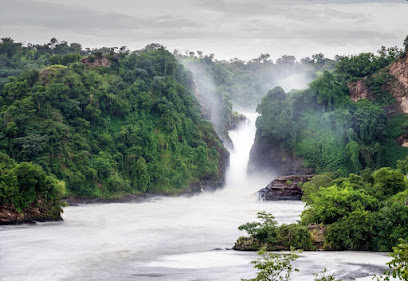
Murchison Falls Uganda
Discover Murchison Falls in Uganda, where the Nile River unleashes its power in a stunning waterfall surrounded by diverse wildlife and breathtaking landscapes.
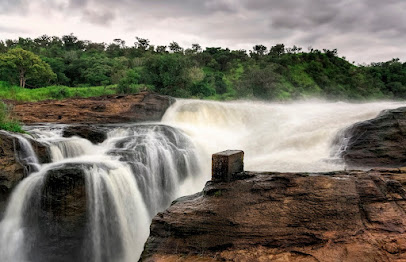
Churchill Courts Hotel Limited
Discover the comfort and charm of Gulu at Churchill Courts Hotel Limited, your ideal accommodation for exploring this vibrant Ugandan city.
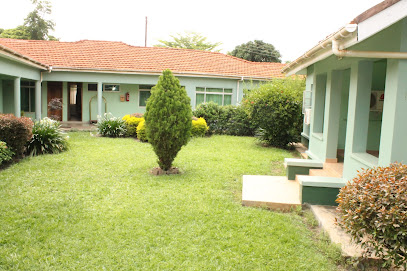
BJ's
Discover the lively atmosphere of BJ's in Gulu, where local culture meets vibrant nightlife, perfect for travelers seeking a unique bar experience.
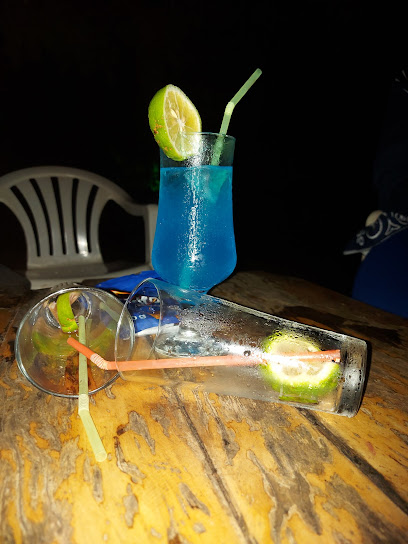
ACHOLI INN HOTEL
Experience the tranquility of Acholi Inn Hotel in Gulu, where comfort meets Ugandan hospitality amidst serene surroundings.

Northern Pearl Indian Restaurant, Cottages & Suites
Experience the authentic flavors of India at Northern Pearl Indian Restaurant, where cozy accommodations meet delicious cuisine in Gulu, Uganda.
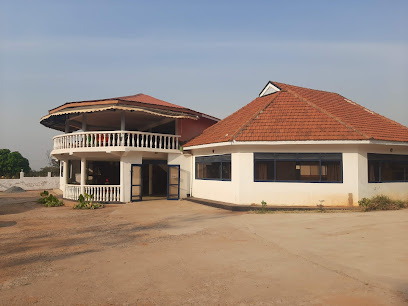
Golden Peace Hotel, Gulu
Discover comfort and local charm at Golden Peace Hotel in Gulu, your perfect base for exploring Northern Uganda's vibrant culture and stunning landscapes.

Speke Memorial Monument, source of the Nile
Visit the Speke Memorial Monument in Jinja, Uganda, a historical landmark at the source of the Nile, surrounded by breathtaking nature and rich culture.
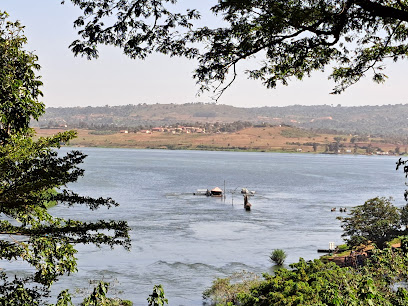
Global Friendship Hotel
Discover the charm of Gulu at Global Friendship Hotel, offering comfort, local culture, and a welcoming atmosphere for every traveler.

African Roots Guesthouse Gulu
Experience Gulu's culture and hospitality at African Roots Guesthouse, your perfect base for exploring Uganda's hidden gems.

Abyssinia Restaurant
Discover the vibrant flavors of Ethiopia at Abyssinia Restaurant in Gulu, where traditional dishes and a warm atmosphere await you.
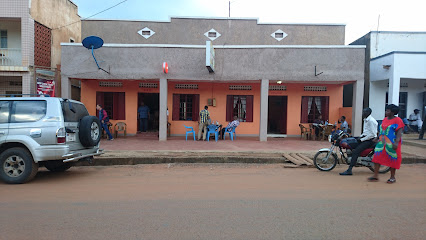
Watoto Church Gulu
Experience the vibrant community and uplifting worship at Watoto Church Gulu, a pivotal center for faith and outreach in Uganda.
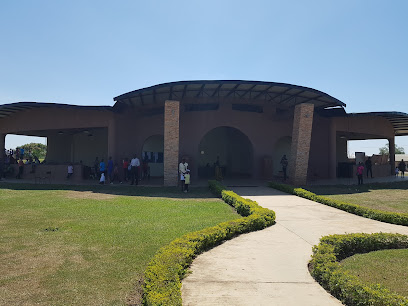
Wellsprings Hotel - Gulu
Experience the comfort and hospitality of Wellsprings Hotel in Gulu, Uganda, where local charm meets modern convenience for the perfect getaway.

Hotel Pearl Afrique
Discover the tranquil charm and welcoming atmosphere of Hotel Pearl Afrique in Gulu, Uganda, the perfect base for your travel adventures.

Aruu Falls Campsite
Discover the breathtaking beauty of Aruu Falls Campsite, a tranquil escape in Uganda's lush wilderness perfect for nature lovers and adventure seekers.
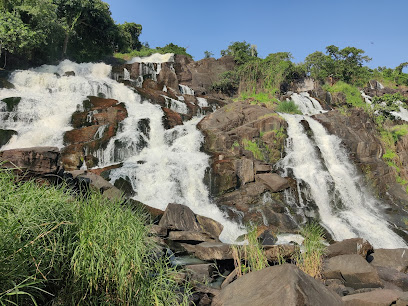
Unmissable attractions to see
Murchison Falls National Park
Explore the breathtaking Murchison Falls National Park, Uganda's largest national park, where stunning landscapes meet incredible wildlife experiences.
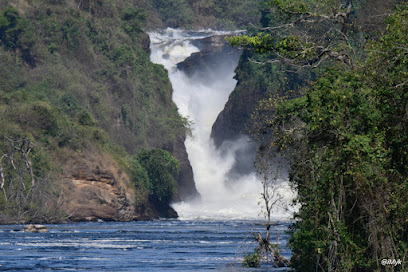
Aruu Falls Campsite
Explore the breathtaking beauty of Aruu Falls Campsite in Uganda, where nature meets adventure in a serene setting.
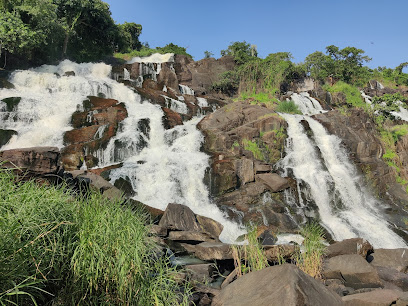
Aruu Falls
Explore the stunning Aruu Falls in Uganda, a captivating natural attraction with breathtaking views and serene surroundings perfect for relaxation.
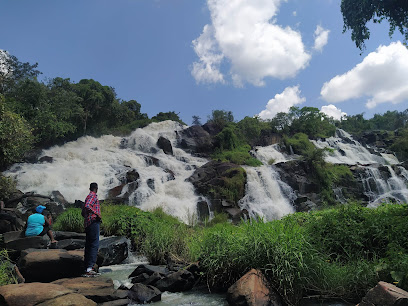
Fort Patiko
Uncover the history and beauty of Fort Patiko, a must-visit tourist attraction in Uganda, blending rich heritage with stunning natural landscapes.
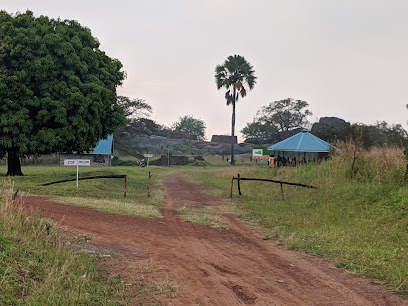
Gulu Community Park (World Embrace)
Explore Gulu Community Park for a serene escape, lush greenery, and a taste of local culture in Gulu, Uganda.
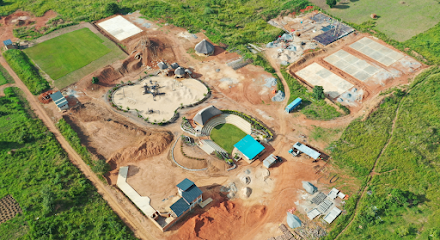
Twin tree Gulu Highway
Experience the stunning landscapes and serene atmosphere of Twin Tree Gulu Highway, a must-visit tourist attraction in Uganda.
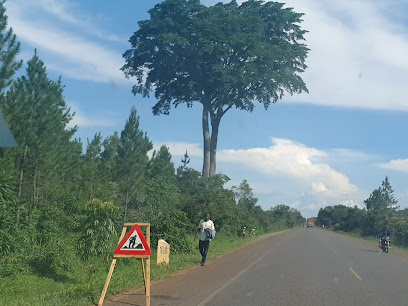
River Enve
Experience the tranquility of River Enve in Maracha, Uganda—your escape to nature's serene beauty awaits.

Jaca Gardens
Discover the enchanting beauty of Jaca Gardens in Gulu, Uganda - a serene escape filled with vibrant flora and peaceful pathways.

Bitum Francis
Discover the tranquil beauty of Bitum Francis Park in Gulu, Uganda, a serene escape into nature's embrace.

Ocitti Emma P'Atingo
Discover the tranquility of Ocitti Emma P'Atingo, a lush garden oasis in Gulu, perfect for relaxation and a deeper connection with nature.
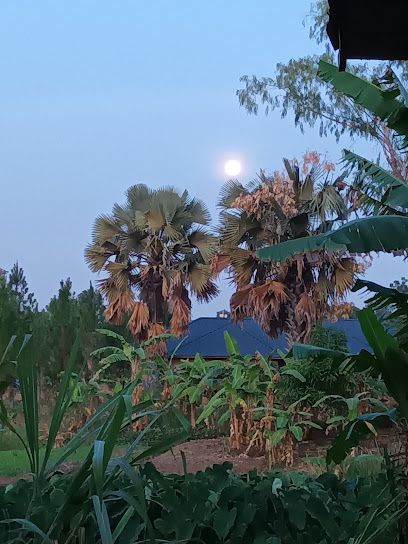
FSX EMG
Immerse yourself in the vibrant culture and community spirit of Gulu at FSX EMG, a captivating tourist attraction rich in heritage and local interactions.

Amarra Group
Experience the tranquility of Amarra Group Park in Gulu, Uganda - a perfect retreat for nature lovers and relaxation enthusiasts.

Opok Forest Reserve
Explore the lush landscapes and diverse wildlife of Opok Forest Reserve in Gulu, Uganda, a perfect destination for nature lovers and adventure seekers.

Palyeci
Explore Palyeci in Gulu, a captivating tourist attraction blending culture, history, and breathtaking landscapes in the heart of Uganda.

Northhood Production Gulu
Discover Northhood Production Gulu, the captivating outdoor movie theater where cinema meets the beauty of nature in Gulu, Uganda.
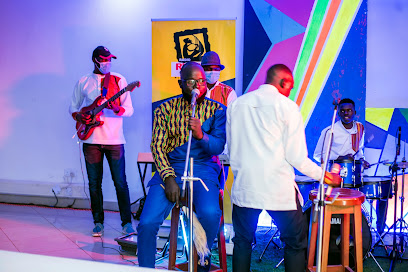
Essential places to dine
Bjz
Discover Bjz in Gulu - where every bite tells a story of local flavors and culinary passion in an inviting atmosphere.
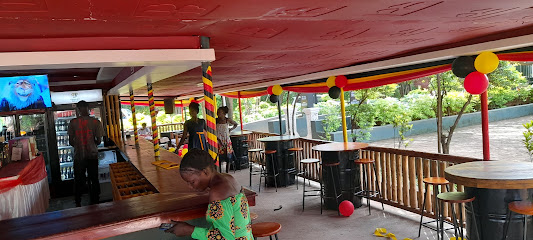
O Café
Experience the heart of Gulu at O Café - where delicious breakfasts meet local charm in a cozy setting.
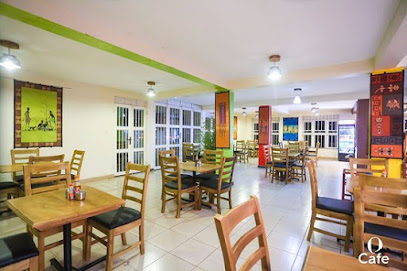
Northern Pearl Indian Restaurant, Cottages & Suites
Savor authentic Indian cuisine and enjoy cozy accommodations at Northern Pearl Indian Restaurant in Gulu.
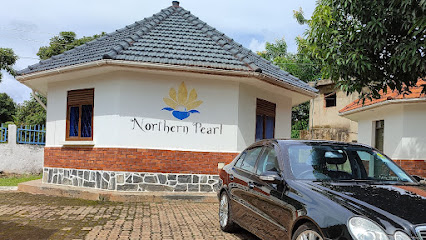
Orchid Café Restaurant & Mocktails Gulu
Experience the best of Ugandan flavors at Orchid Café Restaurant & Mocktails in Gulu – where every meal is a celebration.
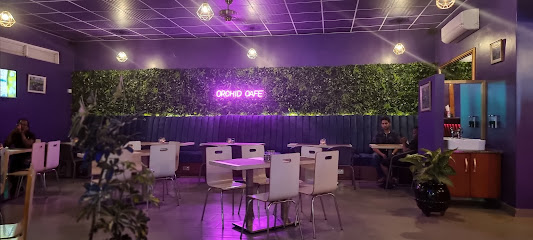
Sanyu Restaurant
Experience authentic Ugandan cuisine at Sanyu Restaurant in Gulu—where every meal tells a story.
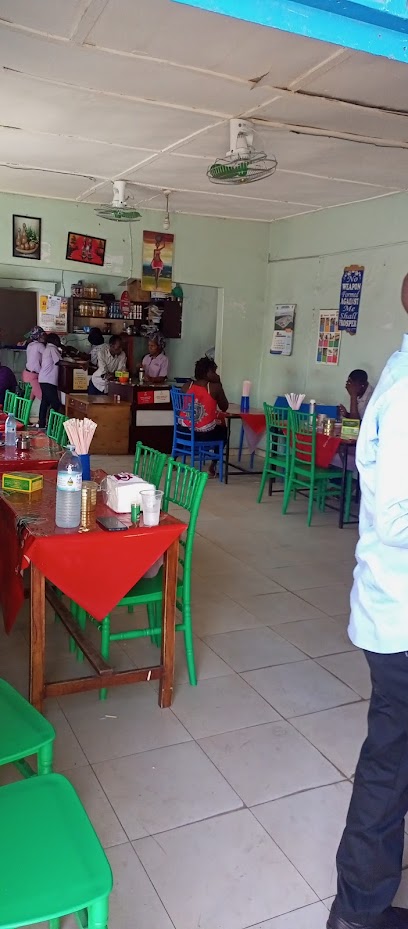
Binen Restaurant
Discover Gulu's culinary delights at Binen Restaurant, where local flavors meet international cuisine in a cozy atmosphere.
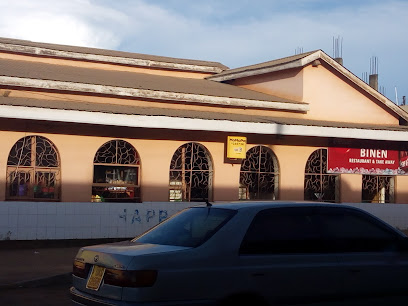
Abyssinia Restaurant
Discover authentic Ethiopian flavors at Abyssinia Restaurant in Gulu—where tradition meets taste in a warm and inviting atmosphere.
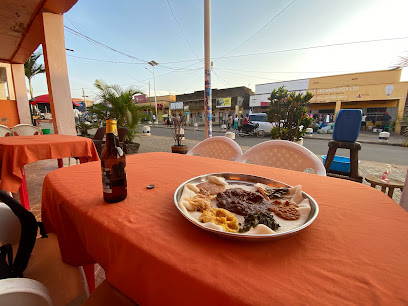
Smile Gardens
Discover the flavors of Uganda at Smile Gardens in Gulu - where delicious cuisine meets warm hospitality.
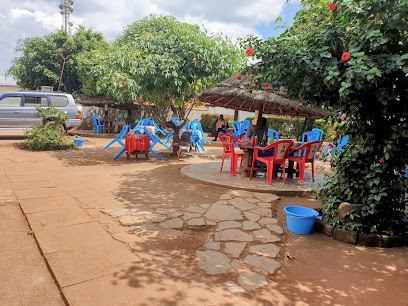
Gulu Ethiopian and Indian Restuarant ( New Florida Hotel )
Experience the rich flavors of Ethiopia and India at Gulu's premier dining destination, perfect for culinary explorers.
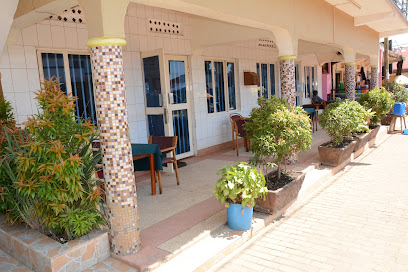
Indian & Continental Restaurant
Savor authentic Indian cuisine blended with continental favorites in a warm and welcoming atmosphere in Gulu.
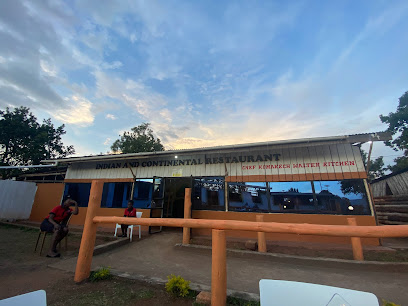
Jenis' Fast Food Restaurant Gulu
Discover the heart of Ugandan cuisine at Jenis' Fast Food Restaurant in Gulu – where local flavors meet global tastes.
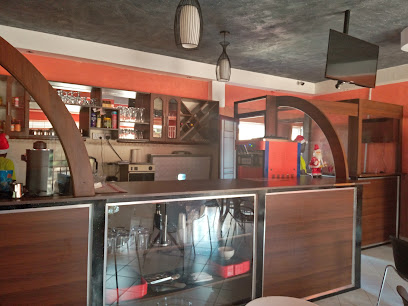
Zodongo Bar & Restaurant
Experience delicious fast food and local flavors at Zodongo Bar & Restaurant in Gulu – perfect for meals and fun with friends!
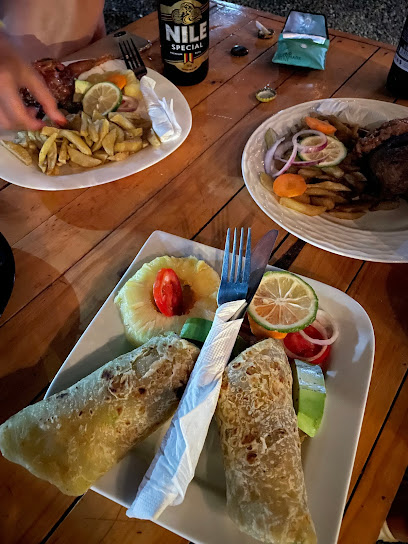
Forest Hill Manor, Gulu, Uganda
Discover family-friendly comfort at Forest Hill Manor in Gulu, Uganda – where every guest feels at home amidst nature's beauty.
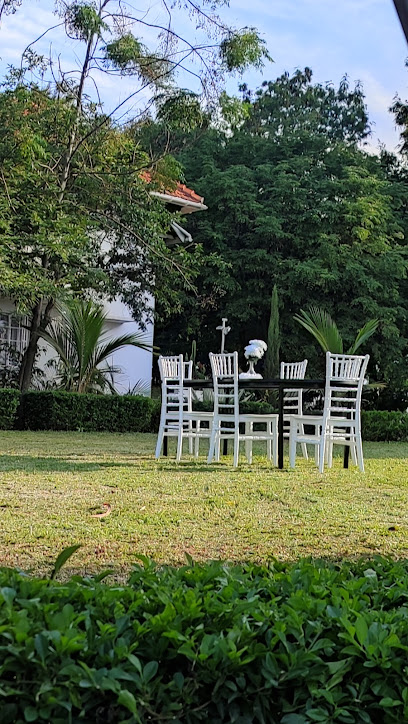
Da Covenant Gulu
Experience authentic Ugandan flavors at Da Covenant Gulu, where every meal is a celebration of local cuisine amidst beautiful surroundings.
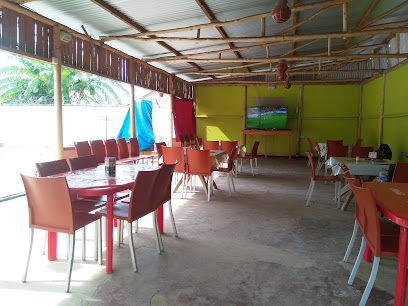
Dan's Pork Joint
Savor the authentic taste of Uganda at Dan's Pork Joint in Gulu, where every dish tells a story.
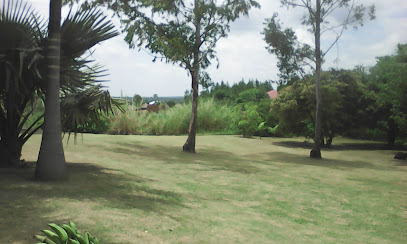
Markets, malls and hidden boutiques
Gulu Main Market
Explore Gulu Main Market for an authentic Ugandan experience filled with local flavors, crafts, and vibrant culture in the heart of Gulu.
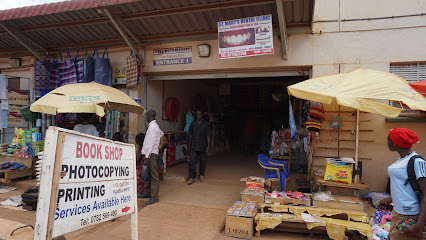
Gulu Mall
Discover Gulu Mall: A vibrant shopping hub in Gulu, Uganda, offering diverse retail, dining, and entertainment options for an unforgettable experience.
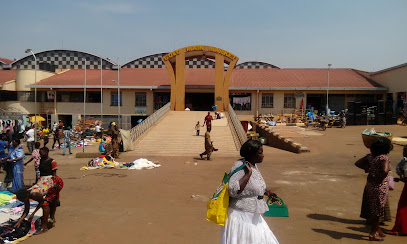
Lamaro Studio
Explore Lamaro Studio in Gulu for unique handcrafted gifts and local art that celebrate Uganda's vibrant culture.
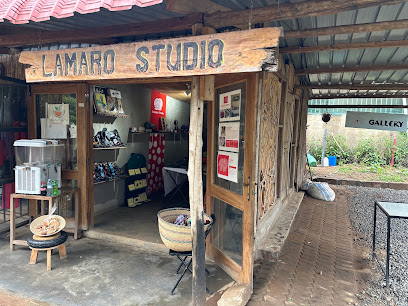
Grand Shoper
Discover local flavors and vibrant culture at Grand Shoper, Gulu's premier grocery destination for tourists and locals alike.
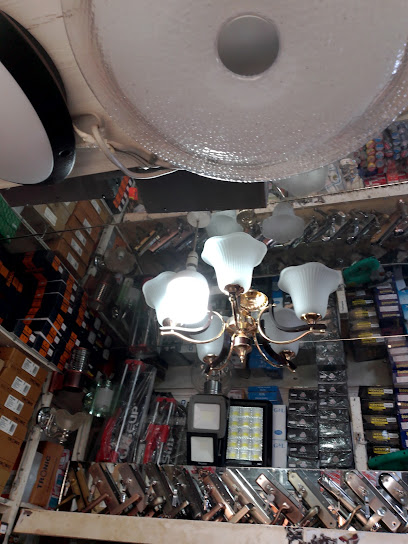
Mtindo 'Made in Uganda'
Explore the vibrant world of Ugandan craftsmanship at Mtindo 'Made in Uganda' – where each handcrafted item tells a unique story.
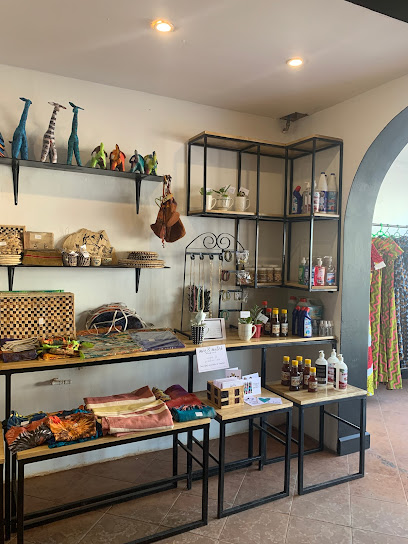
Cereleno Market
Discover the vibrant Cereleno Market in Gulu, Uganda, where local crafts and home goods await your exploration.
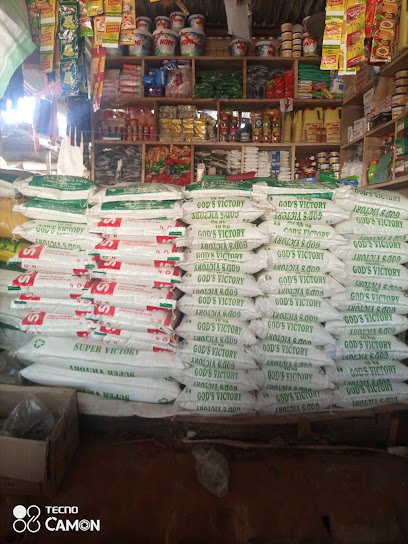
Amani Ya Juu
Explore Amani Ya Juu in Gulu for unique handmade home goods and crafts that celebrate Ugandan culture and support local artisans.
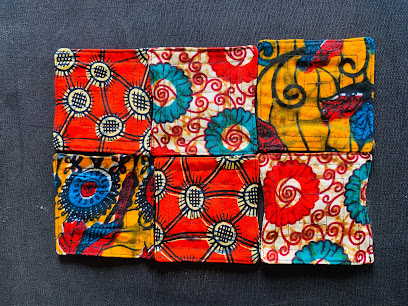
The Wines Nest Gulu
Discover The Wines Nest Gulu, your premier destination for a diverse selection of wines in Gulu, Uganda, perfect for every palate.
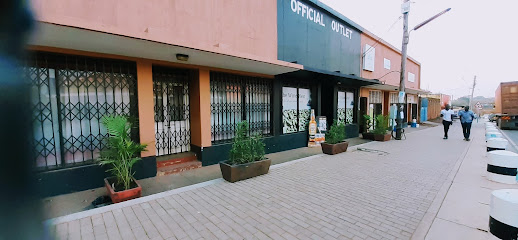
OYAA and FAMILY shoppers
Discover the essence of Ugandan culture at OYAA and Family Shoppers in Gulu, where shopping meets community spirit and local craftsmanship.
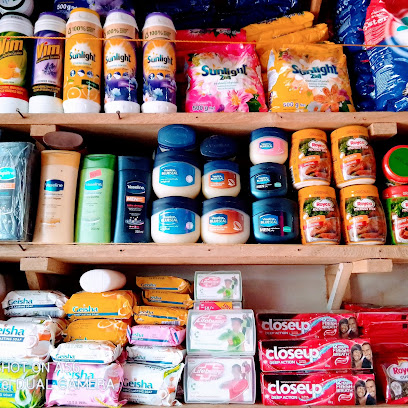
MITINDO THREADS
Explore the heart of Gulu's fashion scene at Mitindo Threads, where local culture meets contemporary style in a vibrant clothing store.
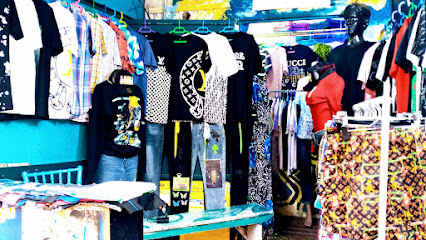
Favourworld bookshop
Explore the literary charm of Gulu at Favourworld Bookshop, where local culture meets a passion for reading and writing.
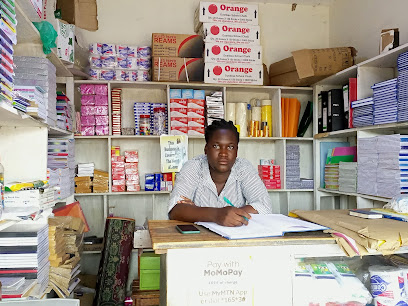
Shazana children’s store Gulu Uganda
Discover unique children's clothing at Shazana in Gulu, Uganda, where modern style meets local culture, perfect for family shopping.

GOODRICH GARMENTS
Explore the colorful and diverse offerings at Goodrich Garments in Gulu, Uganda, where local fashion meets cultural heritage.
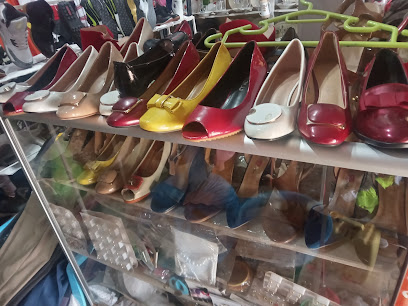
WIGIZ BILL FASHION STORES
Explore unique fashion accessories at Wigiz Bill Fashion Stores in Gulu, blending local artistry with contemporary styles for a delightful shopping experience.

House of Jeans
Explore the House of Jeans in Gulu for a unique selection of fashionable denim and casual wear that embodies local style.

Essential bars & hidden hideouts
Bjz
Experience the best grilled flavors in Gulu at Bjz, where local culture meets culinary delight in a vibrant atmosphere.
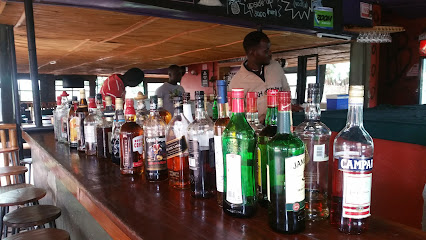
BJ's
Experience the vibrant nightlife at BJ's, Gulu's favorite bar offering local drinks and lively entertainment in a welcoming atmosphere.
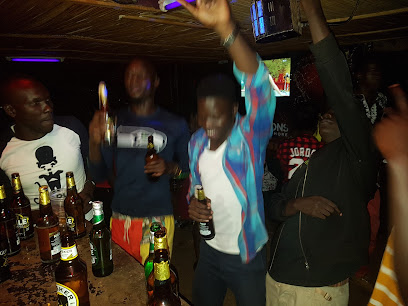
Buganda Pub
Discover the vibrant atmosphere and local flavors of Buganda Pub in Gulu, Uganda, where culture meets camaraderie and unforgettable experiences await.
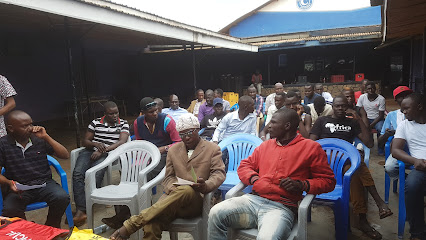
Cue Arena
Discover Cue Arena in Gulu - a vibrant sports bar offering thrilling matches, delicious food, and a lively atmosphere for tourists and locals alike.
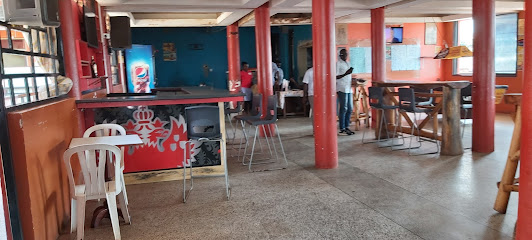
Michelles Wine Garage
Discover a lively bar atmosphere at Michelle's Wine Garage in Gulu, where excellent wines and a welcoming vibe create unforgettable nights.
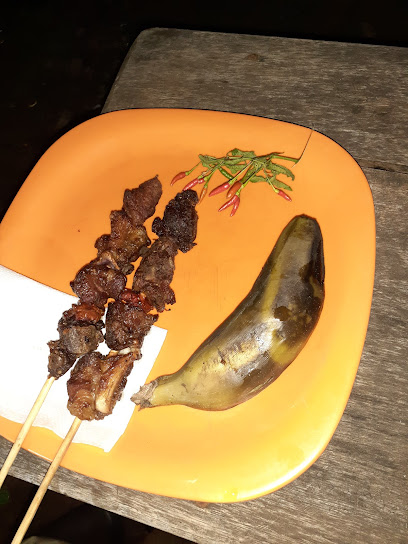
Maggie's Bar
Discover the vibrant culture and delicious grilled cuisine at Maggie's Bar in Gulu, Uganda—a perfect spot for relaxation and entertainment.
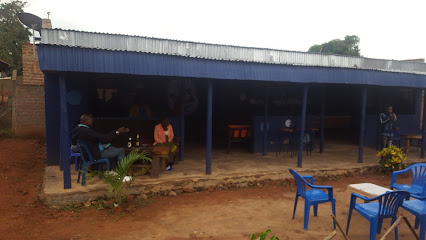
Masaki Lounge Gulu
Experience the vibrant nightlife of Gulu at Masaki Lounge, where great drinks and lively ambiance await you.
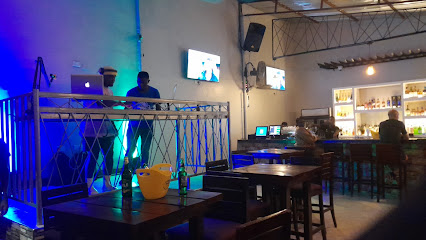
The Night Captain Lounge Gulu
Experience the vibrant flavors of Gulu at The Night Captain Lounge, a premier grill destination offering delicious dishes in a lively atmosphere.
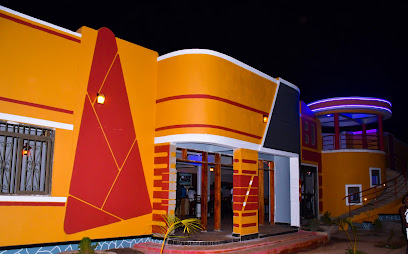
The Cultural Hub - Gulu
Explore The Cultural Hub in Gulu for a delightful blend of dining, drinks, and local events that capture the essence of Ugandan culture.
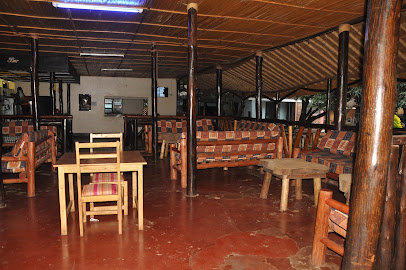
D Plus Bar & Lounge
Experience the lively nightlife at D Plus Bar & Lounge in Gulu, where great drinks and a vibrant atmosphere await every visitor.
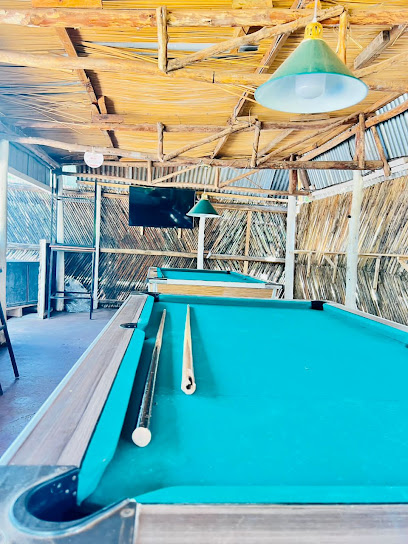
Rustic Lounge
Discover the warmth of Gulu at the Rustic Lounge, a perfect spot for relaxation and culinary delights in a cozy atmosphere.

Kasubi Friend's Pub
Discover the lively atmosphere and local flavors at Kasubi Friend's Pub in Gulu, the perfect spot to relax and enjoy Ugandan hospitality.

Murphy's Lounge
Experience the best of dining and coworking at Murphy's Lounge in Gulu, where delicious grilled delicacies meet a productive environment.
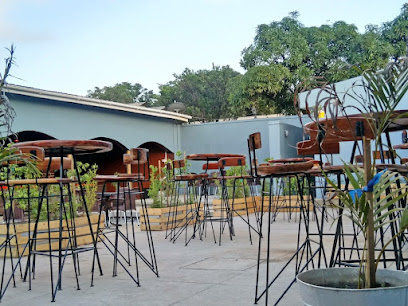
Amigoz Bar
Discover the vibrant atmosphere of Amigoz Bar, a popular spot in Gulu, Uganda, known for its friendly service and diverse drink selection.
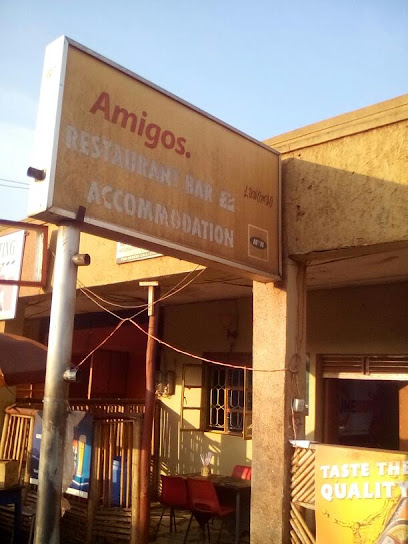
Local Phrases
-
- HelloYoo
[yo] - GoodbyeApwoyo
[ah-pwo-yo] - YesEego
[ee-go] - NoTii
[tee] - Please/You're welcomeKilakweng
[ki-la-kweng] - Thank youApwoyo
[ah-pwo-yo] - Excuse me/SorryMego
[may-go] - How are you?Otimu kikulu?
[oh-tee-mu kee-koo-loo] - Fine. And you?Jaberi. Ne waa?
[ja-beh-ree. neh wah] - Do you speak English?Otimu romo Lokiglish?
[oh-tee-mu roh-mo loh-kee-glish] - I don't understandDok ma otye
[dohk mah oh-tye]
- HelloYoo
-
- I'd like to see the menu, pleaseWac me penyi, ki kare
[wah-ch may peh-nee, kee kah-reh] - I don't eat meatDok ma otimo nyama
[dohk mah oh-tee-mo nyah-mah] - Cheers!Bwoyee!
[boh-yeh] - I would like to pay, pleaseWac me ikec, ki kare
[wah-ch may ee-keh-ch, kee kah-reh]
- I'd like to see the menu, pleaseWac me penyi, ki kare
-
- Help!Kwo!
[kwoh] - Go away!Kwede!
[kweh-deh] - Call the Police!Konyi poliisi!
[kohn-yee poh-lee-see] - Call a doctor!Konyi dokita!
[kohn-yee doh-kee-tah] - I'm lostDok ma yom
[dohk mah yohm] - I'm illDok ma matin
[dohk mah mah-teen]
- Help!Kwo!
-
- I'd like to buy...Wac me gwoko...
[wah-ch may gwoh-koh] - I'm just lookingDok ma onongo
[dohk mah oh-nohn-goh] - How much is it?Tin aye kadi?
[teen eye kah-dee] - That's too expensiveOnongo ngec
[oh-nohn-goh ngeh-ch] - Can you lower the price?Otimi kadi me nyaro?
[oh-tee-mee kah-dee may nyah-roh]
- I'd like to buy...Wac me gwoko...
-
- What time is it?Enti eti?
[ehn-tee eh-tee] - It's one o'clockEnti atin
[ehn-tee ah-teen] - Half past (10)Lafu
[lah-foo] - MorningDwogi
[dwoh-gee] - AfternoonDwogi dok etim
[dwoh-gee doh-k eh-teem] - EveningDwogi dong
[dwoh-gee dohng] - YesterdayDok mapepi
[dohk mah-peh-pee] - TodayDok ma en
[dohk mah ehn] - TomorrowDok ma iyang
[dohk mah ee-yahng] - 1Acan
[ah-chahn] - 2Atoo
[ah-toh] - 3Aka tatu
[ah-kah tah-too] - 4Aka ne
[ah-kah neh] - 5Aka lima
[ah-kah lee-mah] - 6Aka dwe
[ah-kah dweh] - 7Aka bo
[ah-kah boh] - 8Aka wuon
[ah-kah wu-ohn] - 9Aka wut
[ah-kah woot] - 10Aka iya
[ah-kah ee-yah]
- What time is it?Enti eti?
-
- Where's a/the...?Gini i...
[gee-nee ee] - What's the address?Kadi i yub pa lwet?
[kah-dee ee yoob pah lweht] - Can you show me (on the map)?Otimi konyi ma (pa map)?
[oh-tee-mee kohn-yee mah (pah map)] - When's the next (bus)?Enti pe onongo?
[ehn-tee peh oh-nohn-goh] - A ticket (to ....)Layi (ka ....)
[lah-yee (kah)]
- Where's a/the...?Gini i...
History of Gulu
-
Gulu is situated in Northern Uganda, primarily inhabited by the Acholi people. The Acholi have a rich cultural heritage that dates back centuries. They are known for their traditional dances, folklore, and craftsmanship. The pre-colonial period saw the Acholi living in organized chiefdoms, engaging in agriculture, hunting, and trade with neighboring communities.
-
During the late 19th century, Gulu came under British colonial rule as part of the Uganda Protectorate. The colonial administration brought significant changes, including the introduction of new administrative structures and the imposition of taxes. The British also established missions and schools, which played a role in the spread of Christianity and Western education. However, colonial rule disrupted traditional governance systems and led to socio-economic challenges for the Acholi.
-
Uganda gained independence from British rule on October 9, 1962. In the years following independence, Gulu experienced political instability and economic difficulties, similar to other parts of the country. The Acholi region faced marginalization under the regimes of Milton Obote and Idi Amin, leading to tensions and unrest. The early post-colonial period was marked by efforts to rebuild and stabilize the region.
-
One of the most significant and tragic events in Gulu's recent history is the Lord's Resistance Army (LRA) insurgency. Led by Joseph Kony, the LRA waged a brutal campaign against the Ugandan government from the late 1980s to the mid-2000s. Gulu and the surrounding areas were heavily affected, with thousands of people being killed, abducted, or displaced. The insurgency left deep scars on the community, but also showcased the resilience and strength of the Acholi people.
-
Since the end of the LRA insurgency, Gulu has been on a path of recovery and development. Efforts have been made to rebuild infrastructure, provide psychosocial support, and promote economic growth. Numerous NGOs and international organizations have been involved in rehabilitation programs, focusing on education, health, and livelihood projects. The region has seen a resurgence in cultural activities, with traditional music, dance, and crafts playing a key role in the healing process.
-
Today, Gulu is a vibrant town that serves as a cultural and economic hub in Northern Uganda. It is home to Gulu University, which attracts students from across the country and beyond. The town boasts a lively arts scene, with theaters, galleries, and cultural centers celebrating Acholi heritage. Gulu is also becoming a center for innovation and entrepreneurship, with local businesses and social enterprises driving economic growth and community development.
Gulu Essentials
-
Gulu is located in northern Uganda. The nearest international airport is Entebbe International Airport in Kampala, approximately 330 kilometers away. From Kampala, you can take a bus, a private car, or a domestic flight to Gulu. Buses and private cars typically take around 5 to 6 hours by road, depending on traffic and road conditions. Domestic flights from Entebbe to Gulu are also available, significantly reducing travel time.
-
Gulu has a variety of transportation options. Boda bodas (motorcycle taxis) are commonly used for short distances and are an inexpensive way to get around. Taxis and car rentals are available for longer distances. Public minibuses (matatus) operate within the town and to nearby areas. Walking is also an option for exploring central Gulu, as many attractions and services are within a reasonable distance.
-
The official currency in Uganda is the Ugandan Shilling (UGX). Credit cards are accepted in some hotels, restaurants, and shops, but it is advisable to carry cash, especially in smaller establishments and rural areas. ATMs are available in Gulu, but it is wise to withdraw sufficient cash in Kampala before traveling to ensure you have enough funds.
-
Gulu is generally a safe destination for tourists, but like any travel destination, it is advisable to take standard precautions. Avoid walking alone at night in unfamiliar areas and keep an eye on your belongings in crowded places. Some neighborhoods in Gulu have higher crime rates, particularly those further from the town center. It is advisable to consult local advice or your accommodation provider regarding areas to avoid.
-
In case of emergency, dial 999 for immediate assistance. The local police station and medical facilities are available in Gulu. It is recommended to have travel insurance that covers medical emergencies. Gulu Regional Referral Hospital is the main medical facility in the area. For minor health issues, there are pharmacies in the town where you can purchase over-the-counter medications.
-
Fashion: Do dress modestly to respect local customs, especially when visiting religious sites. Avoid wearing revealing clothing. Religion: Do respect local customs and traditions. Always remove your shoes and cover your head when entering religious sites. Public Transport: Do be respectful and give up your seat to elderly passengers. Don't eat or drink on public transport. Greetings: Do greet people with a handshake. A slight bow of the head is also a sign of respect. Eating & Drinking: Do try local delicacies and accept food offerings graciously. Don't refuse hospitality, as it is considered impolite.
-
To experience Gulu like a local, visit the local markets such as Gulu Main Market where you can buy fresh produce and traditional Ugandan goods. Engage with locals, as they are often friendly and willing to share stories about the town's history and culture. Don't miss visiting the local craft shops for unique handmade souvenirs. For a unique experience, take a trip to the nearby Fort Patiko, also known as Baker's Fort, a historical site with rich history.
Trending Landmark in Gulu
-
Murchison Falls National Park
-
Murchison Falls Uganda
-
Churchill Courts Hotel Limited
-
BJ's
-
ACHOLI INN HOTEL
-
Northern Pearl Indian Restaurant, Cottages & Suites
-
Golden Peace Hotel, Gulu
-
Speke Memorial Monument, source of the Nile
-
Global Friendship Hotel
-
African Roots Guesthouse Gulu
-
Abyssinia Restaurant
-
Watoto Church Gulu
-
Wellsprings Hotel - Gulu
-
Hotel Pearl Afrique
-
Aruu Falls Campsite
Nearby Cities to Gulu
-
Things To Do in Lira
-
Things To Do in Arua
-
Things To Do in Kampala
-
Things To Do in Jinja
-
Things To Do in Mbale
-
Things To Do in Entebbe
-
Things To Do in Fort Portal
-
Things To Do in Masaka
-
Things To Do in Kitale
-
Things To Do in Eldoret
-
Things To Do in Mbarara
-
Things To Do in Kisumu
-
Things To Do in Bukoba
-
Things To Do in Nyagatare
-
Things To Do in Nakuru









